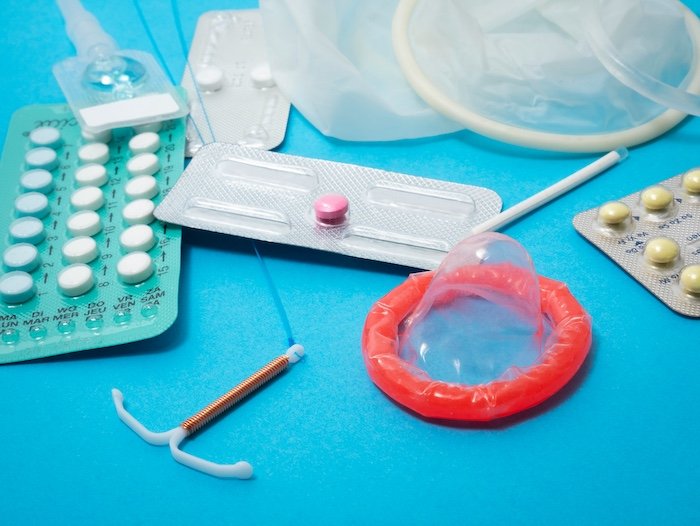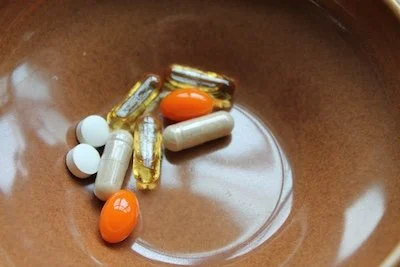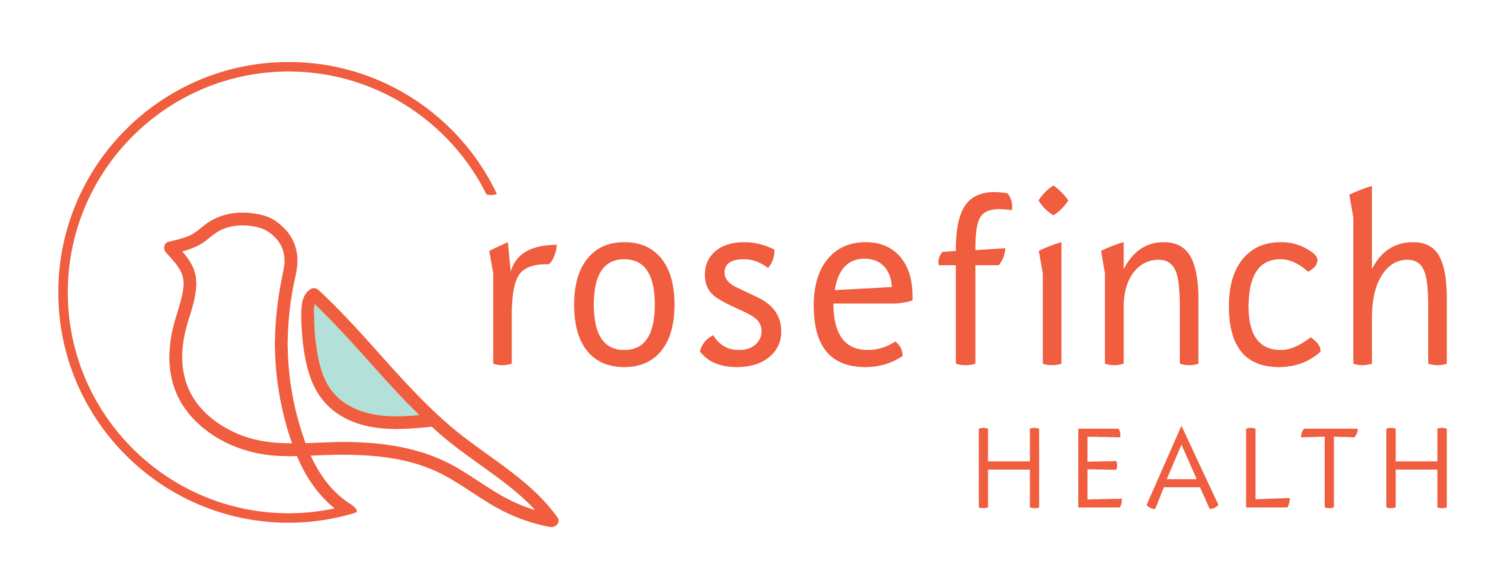







Breaking Barriers: New Research Shows Higher BMI Patients Can Safely Access IVF
High BMI should not be a barrier to fertility care.


Laser and Red Light Therapy for Fertility: Could Light-Based Treatment Boost Your Chances of Conceiving?
Laser Therapy for Fertility: Science-Backed Light Treatment May Support IVF Success

